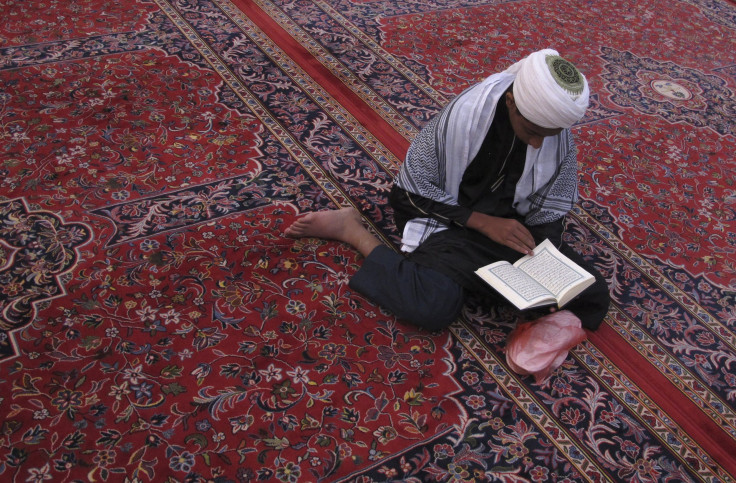New SARS-Like Virus Kills Five People In Saudi Arabia; Two Critically Ill

A new deadly virus similar to the SARS has claimed five lives and sent two others the intensive care unit in the eastern province of Saudi Arabia over the past few days, the country’s health ministry said on Thursday.
The seven cases were reported from the Al-Ahsa governorate in the eastern province of the country, the Saudi news agency SPA reported, citing health officials.
The novel coronavirus (nCoV) comes from the same family of the viruses that cause the common cold and the the outbreak of Severe Acute Respiratory Syndrome (SARS) that claimed several hundreds of lives in Asia. The SARS virus first emerged in Asia in 2003. The new virus is fatal as it causes rapid kidney failure and pneumonia.
In the statement released by the SPA, the Saudi health ministry said it was taking "all precautionary measures for persons who have been in contact with the infected people ... and has taken samples from them to examine if they are infected."
However, the ministry gave no further details on the number of people infected.
The last death from the nCoV infection was reported in the United Arab Emirates in March. The new virus strain is similar to the SARS virus. It was first discovered in humans in the Middle East last year. According to a World Health Organization (WHO) statement issued in March, there were 17 confirmed cases of nCoV infection in humans globally, including 11 deaths.
However, the exact origin of the new virus or the extent of its threat to the human population is unknown, although it is believed to have originated from animals.
The nCoV infections have been detected in Saudi Arabia, Jordan, Germany and the U.K.
The WHO in a statement said it was monitoring the situation closely and urged member nations to continue surveillance for virus infections from the SARS family.
“The WHO is currently working with international experts and countries where cases have been reported to assess the situation and review recommendations for surveillance and monitoring,” it said, adding that national authorities should “promptly assess and notify” it of new nCoV cases.
© Copyright IBTimes 2024. All rights reserved.












